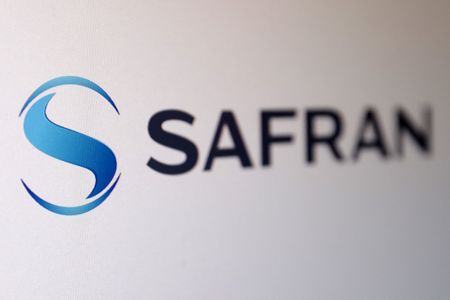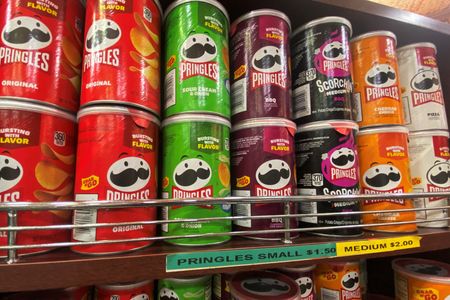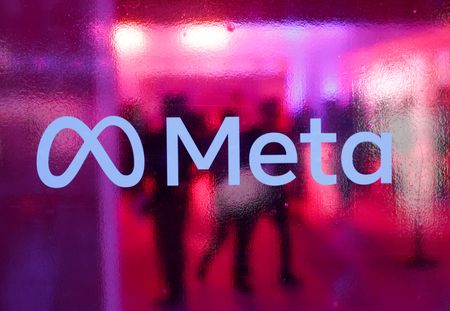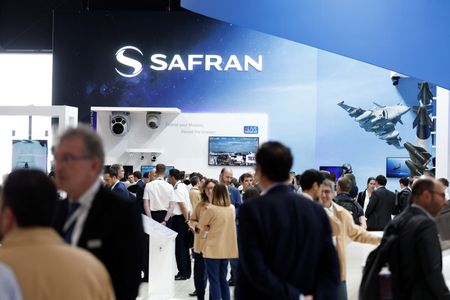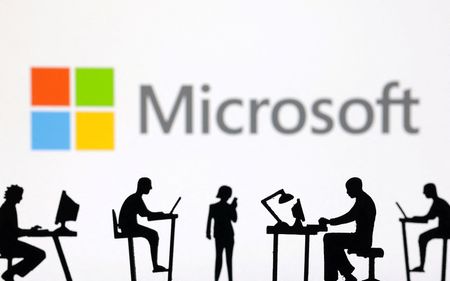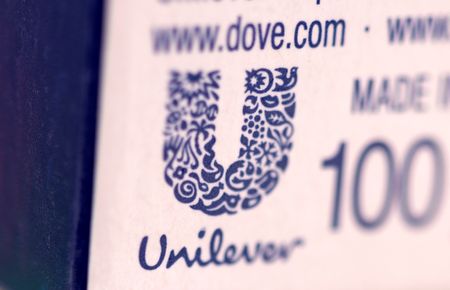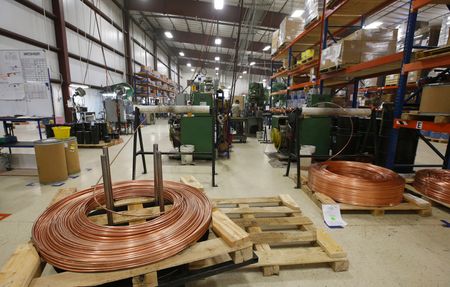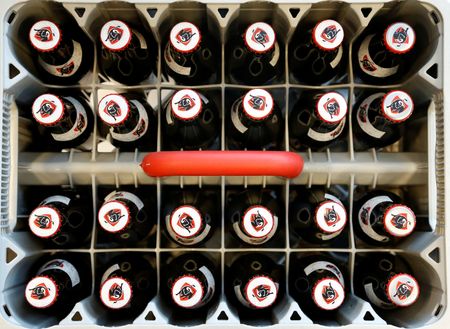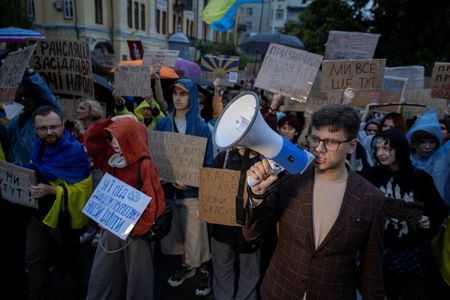By Tim Hepher and Michel Rose
PARIS (Reuters) -French aerospace group Safran is poised to pick France as home for a new 400-million-euro ($458.48 million) carbon brakes factory following a contest between sites in France, the United States and Canada, two people familiar with the matter said.
The politically sensitive decision, which is subject to approval by the aerospace supplier’s board and has been overshadowed by a debate over energy prices, could be announced as early as Thursday, the people said, asking not to be named.
Safran, which pioneered the use of resilient carbon brakes for aviation as well as Formula 1 racing cars, declined comment.
The location of its fourth plant is being closely scrutinised in France, where President Emmanuel Macron has made re-industrialisation a key political priority, while U.S. President Donald Trump is pressing Europe to invest more there.
The partially state-owned French company announced plans in 2019 to open a new factory for energy-intensive carbon brake production in Lyon, France’s third-largest city, to join a trio of existing plants in France, Kentucky and Malaysia.
COVID-19 AND SOARING ENERGY PRICES
The idea fell victim to the COVID-19 pandemic in 2020 and, in 2022, plans to take advantage of a rebound in air travel by renewing the project were postponed for another 18-24 months as European energy prices soared following Russia’s invasion of Ukraine.
Safran has said it will look at three main criteria: competitive energy prices, stable and clean supplies based on nuclear or hydraulic power and a 10-year visibility on prices.
Speaking last December, CEO Olivier Andries also cited criteria of “economic and political stability”.
He said France was the company’s first option but that Quebec’s ample hydroelectric power and Oregon’s regulated energy prices also offered attractive alternatives, worth considering.
The race was eventually narrowed down to France and Canada, the sources said.
Carbon brakes are lighter and last longer than traditional brakes but require heavy capital investment in large, industrial facilities that consume large amounts of gas, from which the carbon is extracted, and electricity to run large ovens.
Electricity represents up to 40% of the cost and industry sources said Safran had clashed in the past with French state EDF over the availability of affordable supplies, though tensions had eased following a recent change of EDF management.
Safran’s brakes activity competes with RTX unit Collins Aerospace for contracts with airlines. Both suppliers benefit from a high proportion of high-margin, aftermarket repair work as brakes are routinely refurbished after heavy use.
A specialist unit within Safran also provides carbon brakes for Formula 1, which it entered with McLaren in 1984.
($1 = 0.8724 euros)
(Reporting by Tim Hepher, Michel Rose, Editing by Benoit Van Overstraeten)

